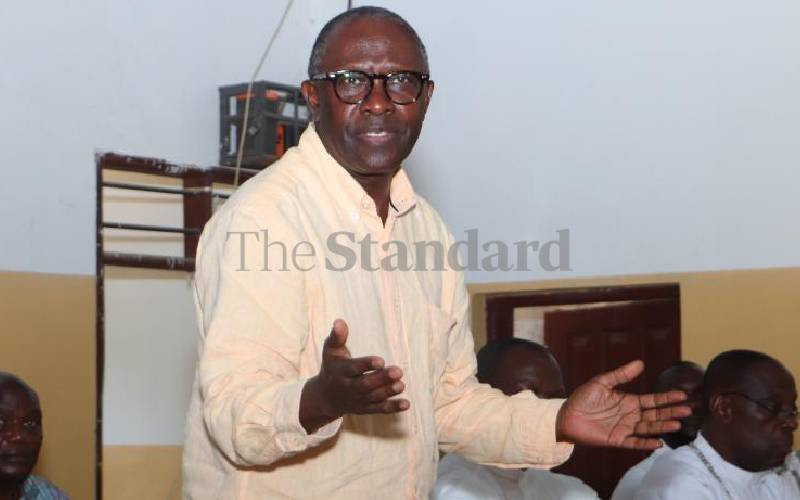×
The Standard e-Paper
Kenya's Bold Newspaper

Audio By Vocalize

Time and again, task forces and commissions of inquiry have been constituted with the purpose of investigating or addressing certain critical issues of interesty.
In some government cabinets, lies numerous task force reports, which continue to gather dust as Kenyans remain in darkness about what became of them.


